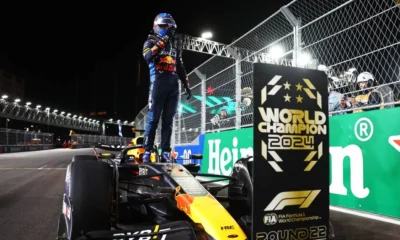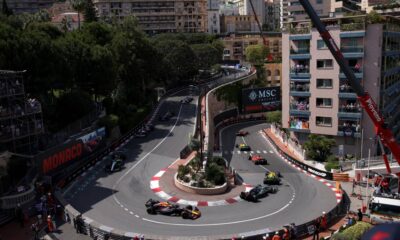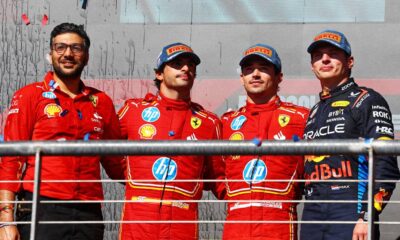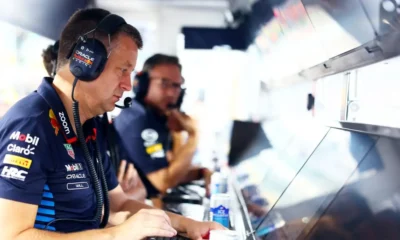More
Sprint qualifying is in jeopardy for the 2022 season, Brown says. What does he see as the main problem?
Sprint qualifying itself is a really big topic in Formula 1. In the 2021 season, they have also attracted all sorts of reactions from the world’s media, experts and, not least, the fans themselves. Zak Brown now says that in any case, it is far from certain that there will be any sprint at all next season. Why?
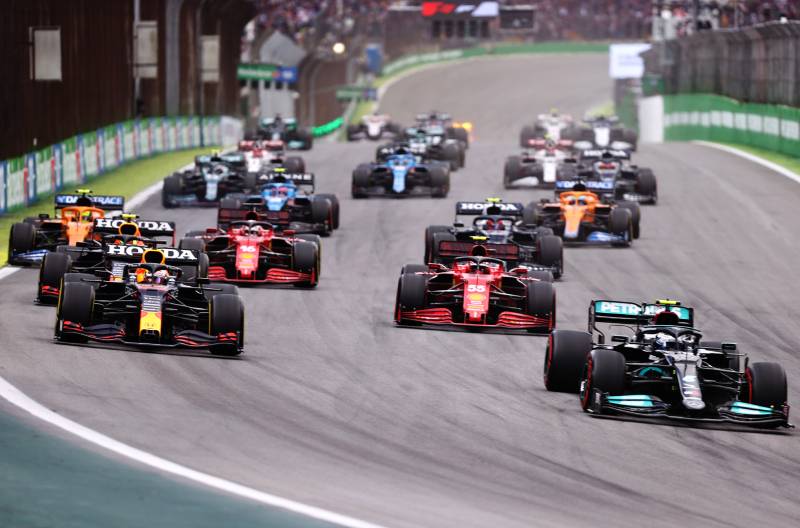
Sprint qualifying itself is a really big topic in Formula 1. In the 2021 season, they have also attracted all sorts of reactions from the world’s media, experts and, not least, the fans themselves. Zak Brown now says that in any case, it is far from certain that there will be any sprint at all next season. Why?
In the recently concluded season we saw three events that featured these qualifying sprints. These were the British Grand Prix, the Italian Grand Prix and most recently the Brazilian Grand Prix.
As for next year’s event, the F1 management is planning to include six sprints in the 2022 calendar – in Bahrain, Austria, Canada and also at Imola, Zandvoort and Interlagos.
However, Zak Brown, McLaren’s boss, suggests that we might not see even one of them. One of the main reasons is money, or rather reduced budget ceilings.
As reported by the well-known site Motorsport, these ceilings have been reduced this year, specifically from $145 million to $140 million. At its core, however, it’s a bit more complicated than that. Various allowances were part of the deal on the subject of these three experiments.
Last year, teams were to collect $100,000 per sprint, with teams receiving an extra $100,000 in the event of major damage to any monopost. Overall, however, the budget caps were increased by $450,000 because of the sprints.
However, as far as the following season is concerned, these allowances will be abolished. Instead, as Motorsport again reports, the budget caps will be increased by 500k if there are five sprints. An additional 150k would be given to the team if there are more than five sprint qualifiers in 2022.
In any case, Brown fears that this is a desperately small increase. So if the big teams are working on the assumption that they will not receive any extra funds for a potential sprint accident, logically the team’s budget will probably have to be significantly overspent. This is, of course, taking into account the fact that the twenty-three races will be an extremely technically demanding undertaking.
The smaller stables, on the other hand, see this as just an excuse from the bigger giants to spend more money.
“We have to continue the economic sustainability of our sport. But some teams are still looking for excuses to receive more money, ” Brown said in a statement on the team’s official website.
“A prime example is the continued lobbying by teams to increase the allowance for sprint qualifying. Saturday’s sprint initiative has attracted new spectators and increased interest in the sport,” he explained.
“Some teams continue to call for a disproportionate increase in the budget cap, despite clear evidence that damage costs were minimal in last year’s sprints. If the sprints are indeed cancelled for next season, then the teams in question should honestly explain to the fans why there will be none,” Brown added.
Three teams – Mercedes, Red Bull and Ferrari – currently disagree with the current budget cap.
According to Brown, these teams are simply unable to accept the status quo. Finally, Brown criticized the current regulations in the sense that they go significantly against the so-called “B” teams in terms of resources.
In his words, Formula 1 needs more balanced teams that can fight for the highest ranks, and even the championship.
Sources: Motorsport, McLaren Racing

